Register for free and continue reading
Join our growing army of changemakers and get unlimited access to our premium content
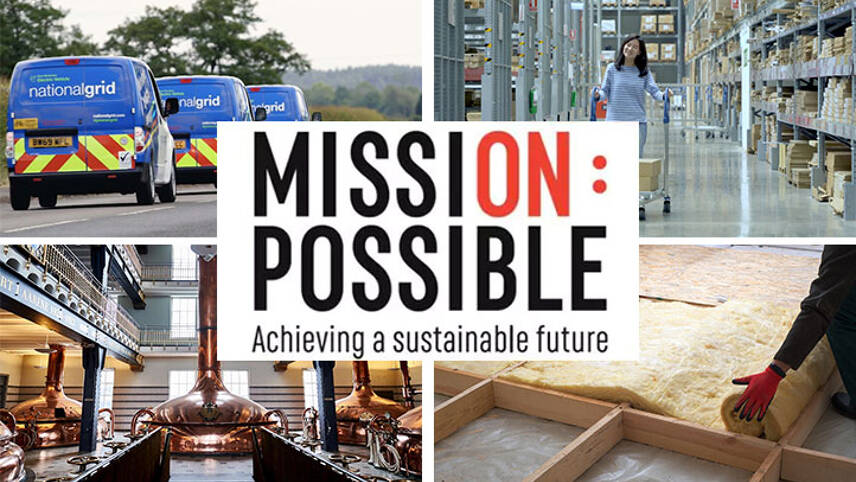
Published every week, this series charts how businesses and sustainability professionals are working to achieve their ‘Mission Possible’ across the campaign’s five key pillars – energy, resources, infrastructure, mobility and business leadership.
Across the UK and across the world, leading businesses, cities, states and regions are turning environmental ambitions into action. Here, we round up five positive sustainability stories from this week.
ENERGY: Carlsberg Group slashes brewery emissions by 41%
Brewer Carlsberg Group this week published an update on its value chain carbon emissions, confirming a 16% reduction between 2015 and 2022.
Looking at different parts of the value chain, it’s clear that breweries accounted for a significant proportion of this progress. Emissions at breweries was 41% lower last year than it was in 2015.
Carlsberg attributes this decarbonisation partly to a total elimination of coal for heating. In some cases, coal has been replaced with biogas extracted from on-site wastewater treatment plants. Other factors are increased energy efficiency investments and a transition to renewable electricity.
Carlsberg Group’s chief executive Jacob Aarup-Andersen said he was “very pleased” to see the progress but added: “We still have a long way to go, especially in areas such as agriculture and packaging – within which we have committed to specific targets more recently. Delivering on these new targets is not going to be easy, but our success thus far gives me great confidence in our ability to follow through with concrete actions and results”
RESOURCES: Kent residents given free remanufactured laptops in boost for digital access
Amid the current cost-of-living crisis, more and more people are choosing second-hand electronic devices, in a move that also reduces the environmental impacts of their tech. But even second-hand options are unattainable for some.
This is why Kent County Council has forged a new partnership with Circular Computing to provide second-life, remanufactured laptops to 5,000 residents who currently lack the digital connectivity they need to work or study. The laptops will be provided for free with the council footing the bill.
Remanufacturing involves restoring a device to its original specifications by restoring and replacing nay necessary components. Circular Computing certifies all its second-life laptops under the BSI Kitemark.
In addition to this scheme, the Council has set up a trade-in and recycling scheme for used laptops for all residents.
Circular Computing’s head of sustainability and social leadership Steve Haskew said: : “We’re always striving to create real world social and environmental impact with whoever we work with and partnering with Kent County Council is a great example of the power that remanufacturing can have. Since working with them we have not only been able to support them with their sustainability journey, reducing their Scope 3 emissions, but we have also enabled them to purchase a greater quantity of laptops than buying new to reach a wider number of individuals in the county.
“It’s a privilege to support the fantastic work the council is doing and we encourage other councils to get in touch for support with similar projects.”
MOBILITY: National Grid marks 1,000th electric vehicle
Monday (11 September) saw National Grid confirming that it has surpassed its thousandth electric vehicle (EV) in its fleet, as it works to transition to an entirely zero-emission fleet by the end of 2030.
Currently, National Grid operates more than 1,000 electric company cars and 312 zero-emission commercial vehicles, including vans and 4x4s. It is set to reach 60% fleet electrification by the end of the 2025-6 financial year.
The 2030 commitment is worded as such that it may opt for some alternatives such as alternatively fuelled models for its heaviest vehicles. But, for light-duty vehicles, the focus is on pure electrification.
National Grid’s UK fleet manager Lorna McAtear said: “The UK’s transition to electric vehicles is a key component in the race to net zero and National Grid’s efforts to transform the country’s energy system mean we play a key role in facilitating this.
“It’s for this reason that we are determined to lead by example in electrifying our own fleet and to act as trailblazers and champions for the wider uptake of EVs amongst the communities we serve, so that we can build a more sustainable future together.”
THE BUILT ENVIRONMENT: New Great British Insulation Scheme targets 300,000 homes
The Climate Change Committee (CCC) rapped the Government earlier this summer for slow progress towards net-zero; its progress report revealed that a lack of clear policy signals and collaboration to make homes more energy efficient was leaving the built environment lagging behind on decarbonisation.
The launch of a new £1bn Great British Insulation Scheme on Thursday (14 September) was, therefore, broadly welcomed. The scheme will provide grant funding to homes in England, Scotland and Wales with an Energy Performance Certificate (EPC) rating of D or lower. The UK Government is notably aiming for all homes to have EPC ratings of C or higher by 2035.
Households in lower council tax bands will be targeted in the first instance, in a bid to reach those who are struggling most amid the ongoing energy price crisis. It is hoped that the scheme will reach more than 300,000 homes by March 2026.
Energy Security and Net-Zero Secretary Claire Coutinho said the Scheme “will help hundreds of thousands of people, including some of the most vulnerable in society, get the upgrades their homes need, while cutting their energy bills.”
SUSTAINABILITY LEADERSHIP: Ingka Group inks contract for green steel
Steel is estimated to account for at least 7% of global annual emissions. The market for low-carbon steel is nascent but expected to grow rapidly in the coming years as nations work to scale cleantech to bring these options to price parity with their predecessors.
Business support has been growing over the past few years, through initiatives such as The Climate Group’s SteelZero. Now, the largest IKEA retailer, Ingka Group, has partnered with H2 Green Steel to procure low-carbon steel for use in warehouse racking.
The first steel will be in 2026. It will be produced at H2 Green Steel’s plant in Boden, Sweden, which is due to start production in 2025. This plant will use green hydrogen for heating instead of fossil fuels.
Ingka Group is anticipating a reduction in life-cycle emissions from warehouse racking of up to 95% due to the integration of the new steel.
H2 Green Steel’s chief executive Henrik Henriksson said: “Working together with customers like Ingka Group is the foundation for how we build our company. Progressive first-mover customers drive the demand for green steel and help us show others that it’s possible to transform the steel industry on an accelerated timeline.”
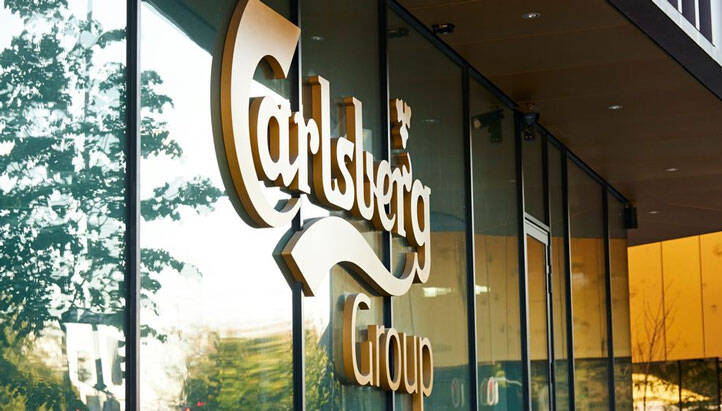
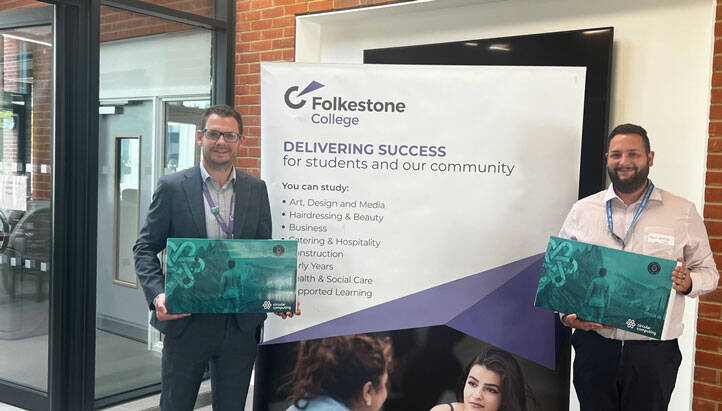
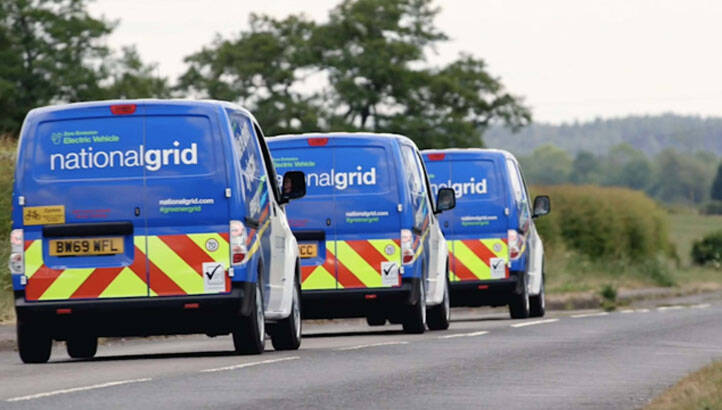

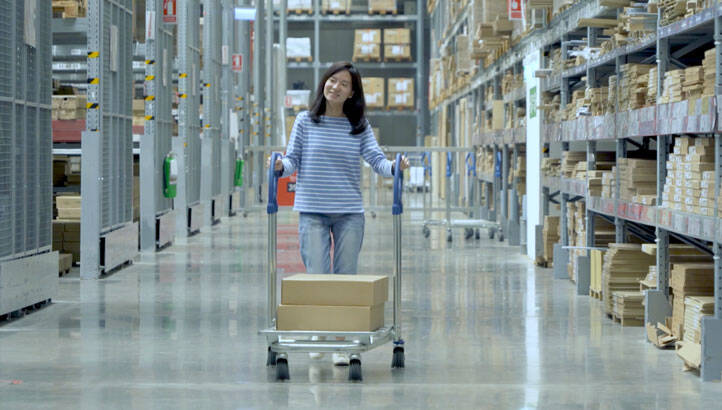


Please login or Register to leave a comment.